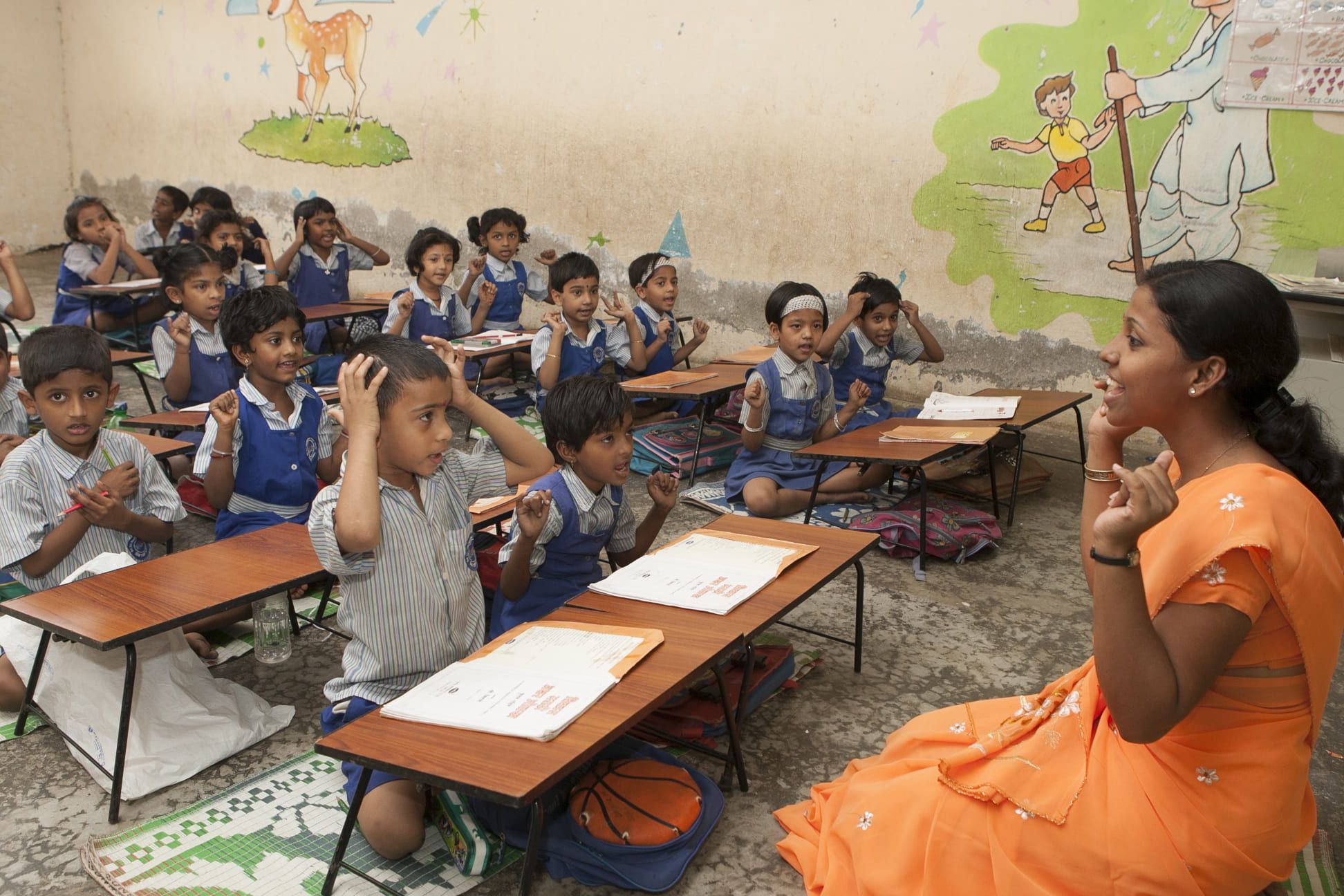Cultivating Character: The Power of Value-Based Education
“Basic human values need to be encouraged in the classroom. Compassion, co-operation, friendliness, smiles, laughter, lightness, wanting to help, sense of belonging & caring for each other. A child is born with these values and a teacher needs to uncover them.”
-Gurudev Sri Sri Ravishankar
In a world that's constantly changing, one thing remains timeless – the importance of character. Value-based education is a powerful tool that helps shape the character of students, instilling in them virtues like integrity, honesty, and respect. In this blog, we'll explore how value-based education empowers students to develop strong character and ethical decision-making skills.
The Essence of Value-Based Education
Value-based education is an educational approach that goes beyond academic knowledge and focuses on nurturing the ethical, moral, and emotional development of students. It is built on the belief that values are the foundation of a person's character and guide their behavior and choices throughout life. While academic excellence is undoubtedly a crucial aspect of a student's journey, the best schools in India understand that character development is equally vital.
Developing Strong Character
Value-based education provides a structured framework for students to understand, internalize, and practice values such as honesty, empathy, compassion, and responsibility. By consistently reinforcing these values, schools in India create an environment where character development becomes as important as academic achievement. The top schools in India recognize the significance of nurturing well-rounded individuals who not only excel academically but also possess strong ethical principles.
The Role of Educators
Educators play a pivotal role in teaching values and fostering character development in students. They serve as role models and mentors, demonstrating the values they aim to instill in their students. Here are some practical ways educators can incorporate values into the classroom:
Lead by Example: Educators must embody the values they teach. When students see their teachers consistently demonstrating honesty, respect, and empathy, they are more likely to internalize these values.
Incorporate Values into Curriculum: Infuse values into lesson plans and classroom activities. For example, literature can be used to explore themes of empathy and kindness, while history can teach lessons about justice and equality.
Promote Critical Thinking: Encourage students to engage in discussions and debates that challenge their ethical reasoning. This helps them develop the skills to make ethical decisions independently.
Create a Respectful Classroom Culture: Establish ground rules that promote respect and inclusivity. Encourage open dialogue and teach students to listen to diverse perspectives with empathy.
Community Service and Experiential Learning: Engage students in community service and real-world experiences that allow them to apply their values in practical situations. This fosters a sense of responsibility and empathy.
The Lifelong Impact
Value-based education isn't just about the present; it's an investment in a student's future. As they grow, these values become an integral part of their identity, guiding their actions and decisions. Students who receive value-based education are not only academically competent but also ethical, compassionate, and responsible individuals. This approach to education is what sets the best CBSE schools in India apart, as they recognize the lifelong impact it has on their students.
In a world where ethical challenges abound, the power of value-based education cannot be underestimated. It equips students with the tools to navigate complex moral dilemmas, make principled decisions, and contribute positively to society. By prioritizing character development alongside academic excellence, we prepare students to be not just successful individuals but also good human beings who uphold the highest ethical standards. Value-based education is not just about what students know; it's about who they become. It is the cornerstone of the top schools in India, shaping the leaders and citizens of tomorrow.

